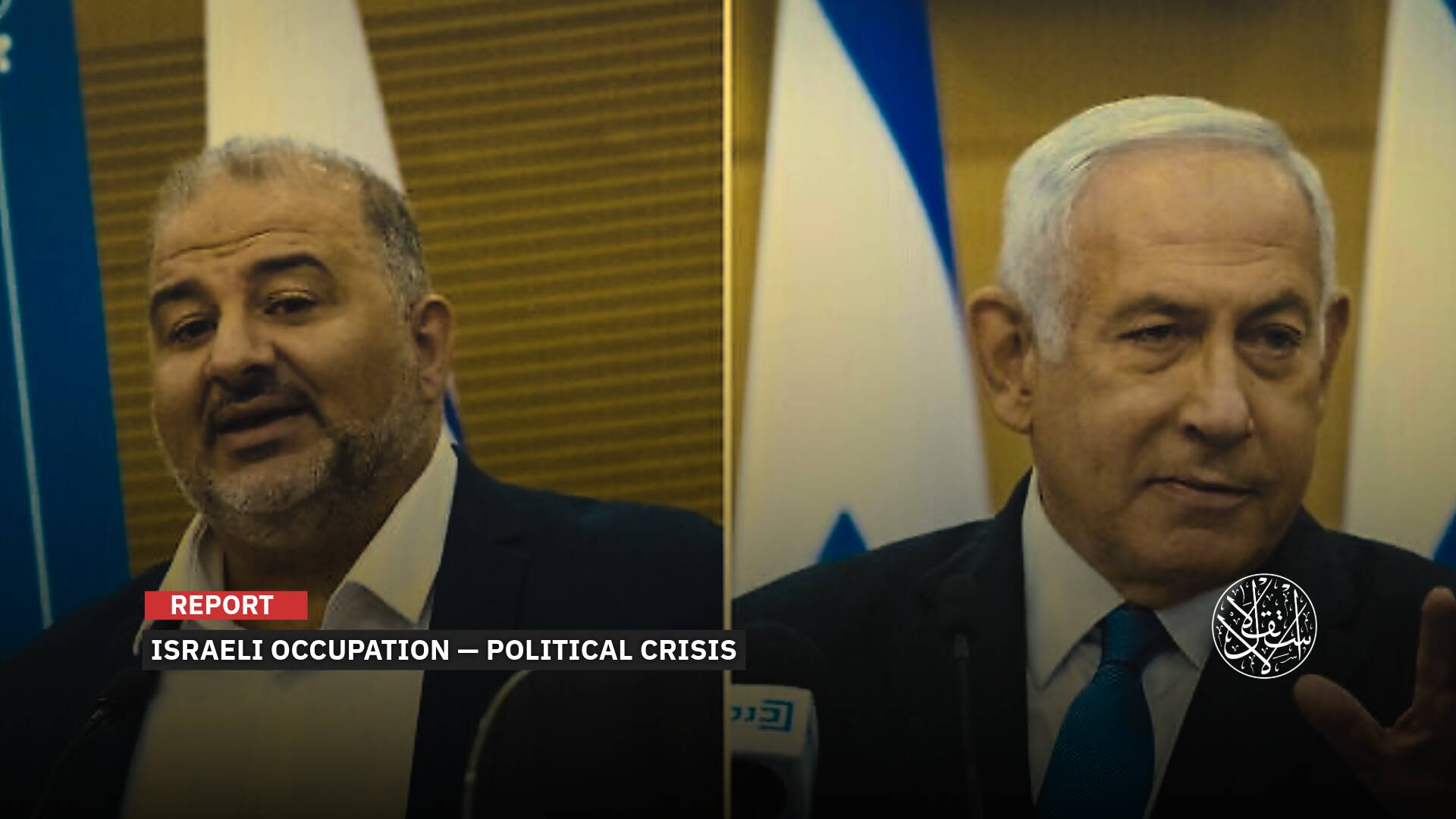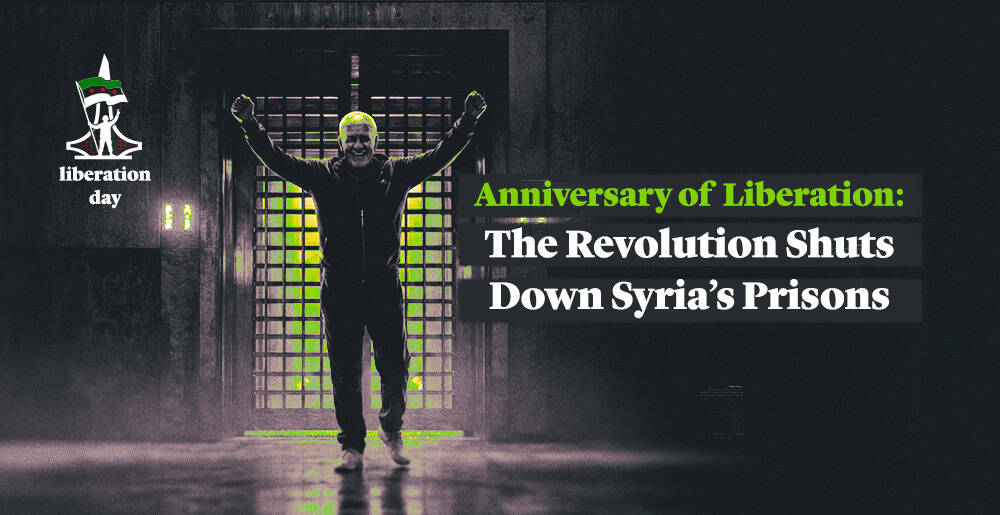‘Get Ready to Know Turkiye’ — How Erdogan's Government Enforces Its Pledge Against Traitors and Spies

"Wait, this is just the beginning—you will truly come to know Turkiye."
President Recep Tayyip Erdogan and his government have recently been intensifying efforts to clamp down on foreign interference in Turkiye by updating legislation to bolster national security both domestically and internationally.
On May 20, 2024, Erdogan stated during a ceremony for the appointment of judges and prosecutors, “We are well aware that the path to Turkiye’s centennial involves addressing deficiencies in the performance of justice.”
“We can lead our country to a bright future by establishing a flawless judicial system, fully manifesting the rule of law, and enhancing trust in the judiciary.”
This move coincides with NATO adopting a new strategy to counter spies within member states, driven by concerns over Russian and Chinese expansion.
Furthermore, Turkiye has been dealing with adversaries such as France and “Israel,” both of which are recognized for establishing networks of agents and spies aiming to curtail Turkish influence.
New Legislation
On May 22, 2024, Intelligence Online reported that Erdogan’s government is set to present a bill to amend the Turkish judicial system, including a new provision related to the crime of espionage.
According to the magazine, once incorporated into law, this provision will allow for the prosecution of influence agents who seek to turn public opinion against Turkiye, particularly on social media platforms.
Under the new law, both police institutions and the intelligence agency will be involved in combating foreign intervention and influence.
In addition to incorporating foreign influence crimes, the new legal package will also impose stricter penalties on traditional forms of espionage.
This is deemed essential as Turkish counterintelligence agencies intensify high-level arrests of networks allegedly receiving funds from Israeli Occupation’s Mossad or France’s DGSE intelligence agency.
Sentences range from 8 to 12 years in prison, or even life, depending on the charges against the accused in such cases.
This expanded arsenal of legislation against interference comes at a time when Turkiye is one of NATO's most stringent members in this area, due to the persistent conspiracies surrounding it.
Moreover, Turkiye counters spy rumors through various methods, including the “Disinformation Bulletin” published by the Presidency's Directorate of Communications. Additionally, Turkish intelligence has its own capabilities in this field.

Surge in Mossad Spies
The proposed amendments to the judicial system come at a time when Turkish intelligence, security, and judicial bodies are actively tracking foreign agents and dismantling their intricate networks.
On April 5, 2024, Minister of Interior of Turkiye Ali Yerlikaya announced the arrest of eight individuals on charges of working for Mossad and the special operations agency.
Yerlikaya stated that the operation involved various security agencies, leading to the arrest of suspects who were gathering information on individuals and companies in Turkiye targeted by Israeli intelligence, and transferring this information and documents to Mossad.
He noted that Turkish judicial authorities decided to imprison two of the suspects while placing six under judicial supervision.
“We will never allow espionage activities that target our national unity and solidarity within our country’s borders,” Yerlikaya emphasized.
In February 2024, Turkiye announced the arrest of 34 individuals suspected of ties to Mossad and of targeting Palestinians living in Turkiye.
The Istanbul Public Prosecutor's Office revealed that an additional 12 suspects were being sought in connection with the same activities.
These arrests followed the apprehension of a seven-person network a month earlier, part of a Turkish security campaign that has been active since the beginning of 2024 to combat Israeli espionage in the country.

In January 2024, a Turkish court ordered the arrest of 15 individuals and the deportation of eight others suspected of having ties to Israeli intelligence.
On March 7, 2024, Turkish authorities announced the arrest of a former security chief, surprising many as he was allegedly leading a cell linked to Mossad. This operation, a joint effort between the Turkish intelligence agency and Istanbul's security directorate, resulted in the detention of seven other individuals connected to Mossad.
Local media, notably the pro-government Turkiye newspaper, provided more details about the cell led by Hamza Turhan Ayberk, a former security director dismissed due to his connections to the banned Fethullah Gulen organization and suspicions of using his influence for threats and assaults. According to Turkiye newspaper, Ayberk was recruited by Mossad through a mediator named Victoria after his dismissal in 2019 and underwent special training in Belgrade, Serbia.
Major Mossad Spy Capture
One of the most significant incidents exposing Israeli efforts to establish a network of skilled spies within Turkiye was the capture of a top Mossad agent by Turkish intelligence.
On October 5, 2023, Ankara revealed information gathered from interrogating a Turkish citizen who was a Mossad agent along with 17 others. Turkish intelligence identified this high-value asset as Selcuk Kaya. He confessed to meeting Mossad agents at least 11 times in 10 different European cities, agreeing to provide them with precise information in exchange for money.
Kaya admitted he was tasked with identifying vulnerabilities that could be exploited against certain Palestinians in Istanbul, as well as recruiting other agents to supply information to “Israel.” His recruitment was particularly concerning as it was orchestrated by Serkan Ozdemir, a former Turkish military officer linked to the Fethullah Gulen group, who fled the country after the failed coup on July 15, 2016.
Turkiye has dismantled multiple Mossad espionage networks within its borders. In July 2022, the Turkish country announced it had uncovered a network of 56 Israeli agents monitoring foreign nationals. In December 2022, seven suspects were arrested for allegedly spying on Palestinians for Mossad.

French Espionage Network
On another front, Turkiye is fiercely battling France, which is actively establishing espionage networks and creating agents within Turkish territory.
On February 20, 2024, Sabah newspaper reported that the Turkish National Intelligence Organization (MIT) had dismantled a spy cell operating for Paris. This network included three Syrians, among them Ahmed Katie, who was publicly known as a "human rights and refugee activist" and had been imprisoned in Istanbul's Silivri Prison for some time.
The newspaper, close to decision-making circles, reported that the cell led by Katie conducted espionage activities for French intelligence (DGSE) in exchange for promises of asylum in France. The spy network was found to have exchanged fabricated information and documents with French intelligence to internationally condemn Turkiye, particularly concerning the alleged torture of refugees attempting to travel abroad.
The Turkish newspaper Yeni Akit explained that the operation was a joint effort between the National Intelligence Organization's Counterintelligence Directorate (IKK) and the Istanbul Directorate.
Turkiye's push to reform and amend its judicial system to be more stringent in tracking and monitoring spies is not without precedent.
On June 23, 2020, a diplomatic crisis erupted between Ankara and Paris following the exposure of a French espionage network in Turkiye, involving four individuals, including a Turkish official.
The situation began when Metin Ozdemir, a former security employee at the French Consulate in Istanbul, turned himself in to Turkish authorities after disputes with French officials. He confessed that he and three others were gathering information for French foreign intelligence services.
Ozdemir revealed that at the request of French intelligence, the cell collected information on conservative associations and religious groups affiliated with the Turkish Directorate of Religious Affairs. He stated that in 2013, he met with a person named Bourno (a pseudonym), connected to French intelligence, who asked him to gather information in Turkiye.
Ozdemir admitted to collecting information on 120 individuals, including imams, in exchange for a French promise to join a French military unit. He also noted that he had communicated with two other individuals linked to French intelligence, received orders from them as the head of the "espionage network," and received money.
A few days later, on July 1, 2020, Turkish Ambassador to France (at the time) Ismail Hakki Musa confirmed the existence of a spying case between the two countries amidst a bilateral diplomatic crisis.

Erdogan's Vow
On January 10, 2024, Turkish President Recep Tayyip Erdogan affirmed his government's commitment to punishing those guilty of treason and terrorism.
Commenting on the Turkish intelligence dismantling of espionage networks for foreign countries, he declared, "Wait, this is just the beginning—you will truly come to know Turkiye."
In his speech at an event in the capital, Ankara, marking the 97th anniversary of the founding of the Turkish National Intelligence Organization (MİT), Erdogan stated, "Turkiye may give some time, but it does not leave treason and terrorism unpunished."
"Everyone must accept the reality that Turkiye is strengthening its position as a powerful and game-changing force on the global chessboard day by day."
He concluded by saying that Turkiye is committed to renewing and updating its national security priorities and reassessing threat classifications according to changing circumstances.
Sources
- Habitual influence wielder Erdogan takes up fight against foreign interference in Turkey
- “We can move our country to a bright future by creating a perfectly functioning judicial system.” [Arabic]
- France's espionage cell red-handed [Turkish]
- Details of a former Turkish security director spying for the Mossad [Arabic]












